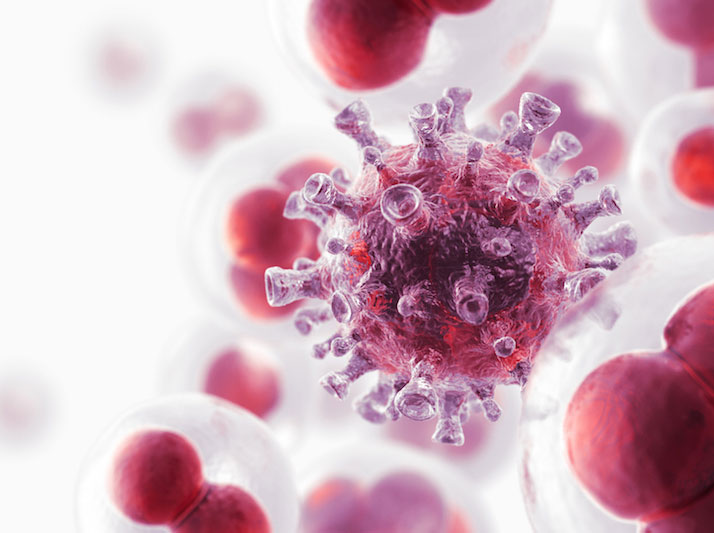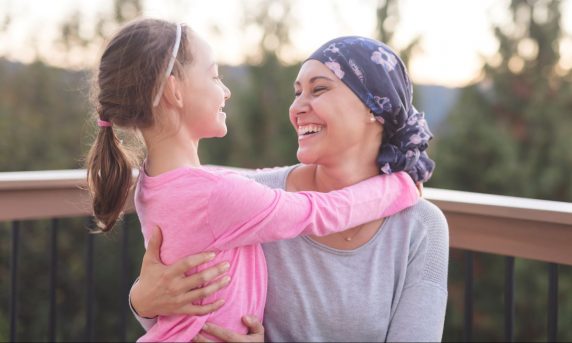Millions of bacteria are inside or on the surface of our bodies at any one time and are necessary for good health because they help us digest foods and keep harmful bacteria at bay. More recently, we have learned that they also modulate the strength of our immune system, which could be important in fighting off cancer.
A team of researchers including Drs. Peter Yu of the Hartford HealthCare Cancer Institute seeks to investigate this further as part of a new study backed by a $2.2 million National Institutes of Health grant. “Modulation of Lung Immune Responses to Viral Infection” is based out of Connecticut’s Jackson Laboratory and headed by Principal Investigator Karolina Palucka, PhD. Dr. Yu is a sub-investigator.
Dr. Yu, physician-in-chief of the Cancer Institute, said the research will probe the immune system’s response to lung cancer and examine the interactions between the cancer and the patient’s immune system where the tumor is located in the body.
Lung cancer, he said, is one type of cancer that frequently produces molecules that shut down the immune system. A new class of drugs, known collectively as “checkpoint inhibitors,” has transformed the treatment of lung cancer by reactivating the immune system. But in some cases, the cancer “sets up a barrier so the re-energized immune cells can’t get in to help,” he added.
“The tumor and the surrounding normal tissues constitute a microenvironment and we need to understand the interplay between the cancer and its host cells.”
“We want to know what the immune system is doing to fight the lung cancer,” Dr. Yu said. “The immune system is supposed to protect us from internal and external threats, but if the cancer is blocking it, how effective is it? And what else can be done? What role, if any, do the bacteria that inhabit our bodies play in this?
The study is based on two ideas:
- The human microbiome – the name given to the colony of bacteria living in each body – has an important role in the fight against cancer that must be better understood.
- There is potential to harness understanding of the microbiome’s role to identify ways to boost immunity against cancer. That could include developing a medication that replicates the bacteria’s benefit or learning how diet might result in a human microbiome that is better for health.
“We know that not all bacteria is bad. We need to investigate the effect of the human microbiome in a patient with lung cancer – on the strength of the immune system to fight the cancer,” Dr. Yu said.
The Cancer Institute team will recruit 100 patients newly diagnosed with lung cancer to participate in the study. When a surgeon removes the cancerous portion of the patient’s lung, a piece will be sent to Dr. Palucka’s lab where researchers will isolate the immune cells. The tissue will be exposed to viruses in the lab to gauge the reaction of the immune system. At the same time, samples of the bacteria livening inside the mouth will be collected to study the microbiome.
“They will note how robust the reaction is – whether it’s strong or has been shut down, which can happen with cancer,” Dr. Yu said, referring to the work performed by U.S and Japanese investigators who were awarded the 2018 Nobel Prize in Medicine.
“This is the real science that can lead to a better understanding of the role diet and nutrition plays in a healthy immune system that can fight off cancer and other diseases. Dr. Yu said.
For more information on treatment for lung cancer at the Hartford HealthCare Cancer Institute, click here.


